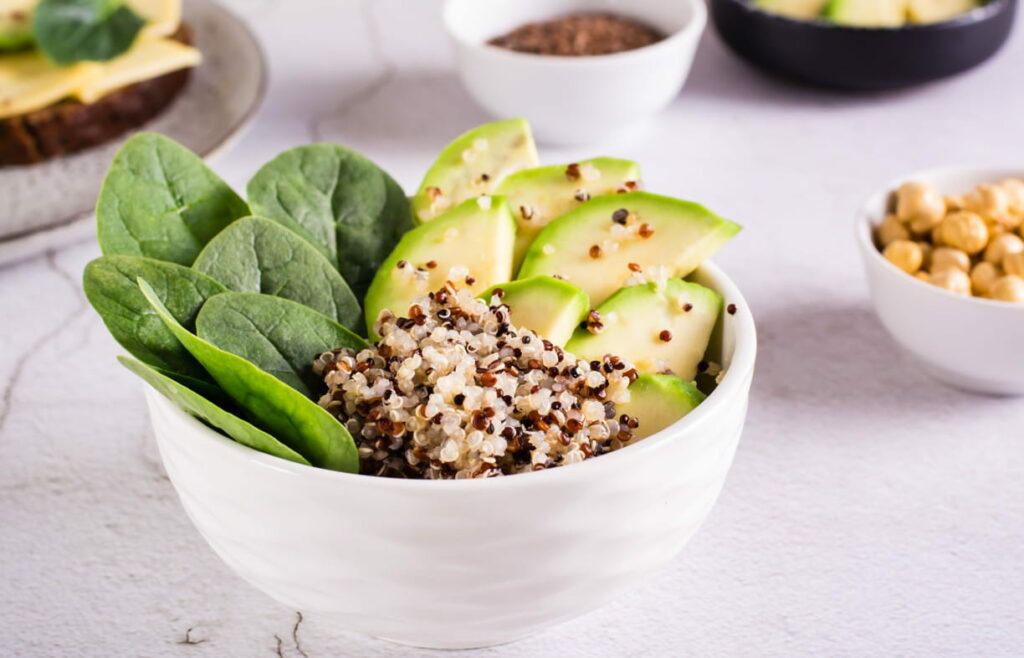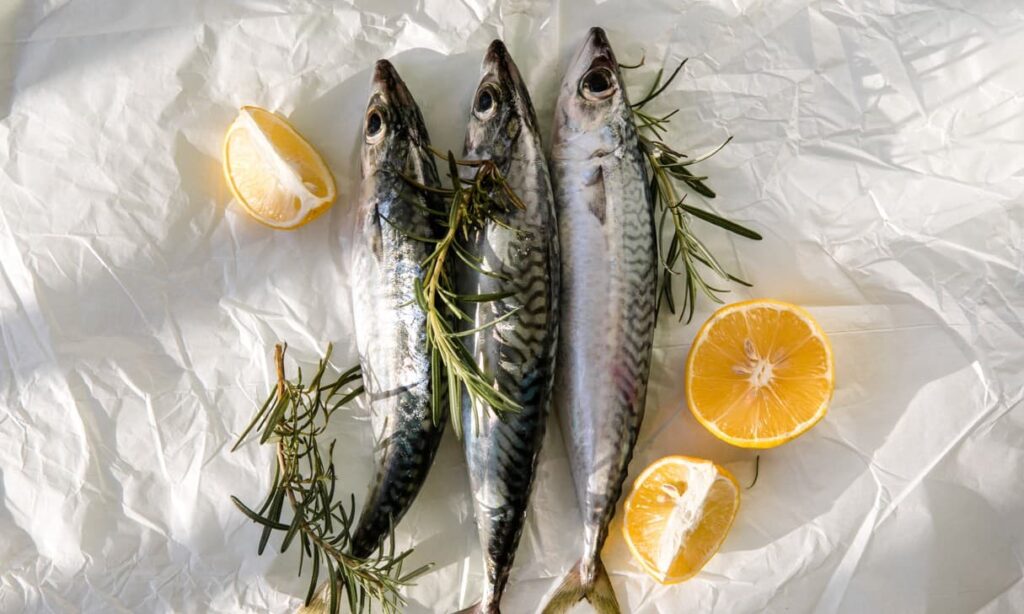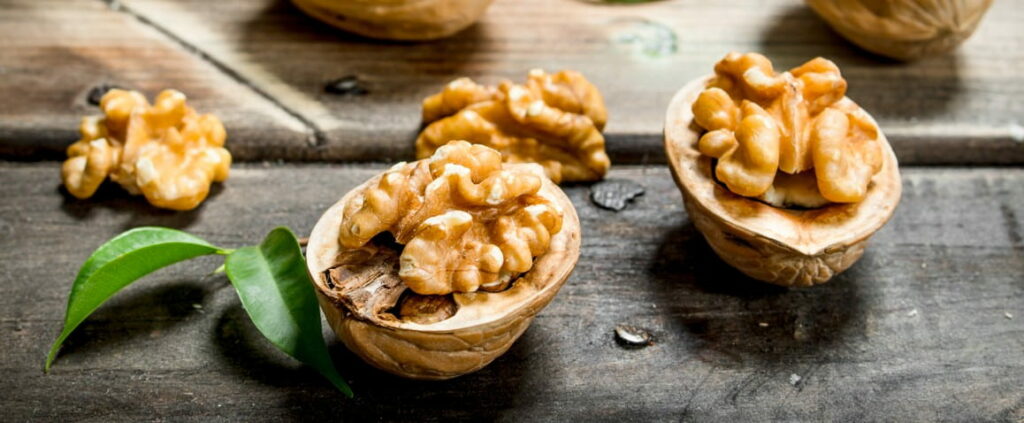Let’s be honest—when we talk about keeping the brain sharp after 70, nutrition doesn’t always get the spotlight.
We hear about memory games, doctor visits, or daily walks… but what about what goes on the fork?
🍓 Summer Is Brain Season
The summer months bring more than sunshine and social events—they bring fresh, brain-boosting foods that are often overlooked. Seasonal fruits, crisp veggies, and heart-healthy snacks can do more than satisfy a craving—they can fuel memory, focus, and mood.
💡 Did You Know?
As we age:
✔️ The brain needs more antioxidants to fight cellular stress
✔️ Our bodies absorb less vitamin B12 and omega-3s
✔️ Some medications interfere with key nutrients linked to cognition
✔️ And many older adults lose their appetite in the summer heat
🥗 The Problem?
Most seniors eat less during the summer… and often, less smart.
We skip meals, grab sugary drinks to stay cool, or miss out on fresh options simply because no one made a grocery list.
But here’s the good news:
🌿 Summer foods—if chosen well—can become natural brain boosters.
👇 In this article:
Discover 5 seasonal foods that are delicious, easy to find, and proven to support cognitive health in aging adults.
Because nourishing the mind doesn’t have to be complicated—it just needs to start at the table.
1. Blueberries: The Brain-Boosting Benefits for Seniors
They may be small, but they’re mighty—and your brain knows it.
Blueberries are like nature’s multivitamin for the brain. These little guys are bursting with anthocyanins—powerful antioxidants that give them their deep blue color and help fight the oxidative stress that builds up in our brains as we age. They’ve also been linked to improved communication between brain cells, sharper memory, and even better decision-making skills. Yes, from actual studies, not just grandma’s intuition!
But here’s the kicker: blueberries don’t just prevent decline—they can help improve working memory in older adults, especially when consumed regularly. According to research published in The Journal of Agricultural and Food Chemistry, seniors who consumed blueberry juice daily showed measurable improvements in memory within 12 weeks.
🍽️ How to Use Them
- Morning magic: Toss them in oatmeal or yogurt for a brain-boosting breakfast.
- Hydration hack: Freeze them and drop into water or lemonade for a refreshing (and smart) summer drink.
- Snack attack: Mix them with walnuts for a powerful mid-day combo.
- Smoothie secret: Blend with banana, spinach, and almond milk for a tasty cognitive cocktail.
✔️ Tips & Recommendations
- Fresh or frozen? Both are great! Frozen berries retain most of their nutrients and are perfect for smoothies.
- Daily dose: Aim for ½ to 1 cup per day to get the brain-boosting benefits.
- Pair with protein: Add them to Greek yogurt or cottage cheese to stabilize blood sugar and fuel sustained energy.

2. Avocados: The Best Healthy Fat for Brain Function in Older Adults
Creamy, delicious, and scientifically smart—avocados are more than just a toast topper.
When it comes to brain-healthy fats, avocados are in a league of their own. Rich in monounsaturated fatty acids (MUFAs), avocados support healthy blood flow, which is essential for delivering oxygen and nutrients to the brain. Why does this matter? Because poor circulation is one of the sneaky contributors to cognitive decline in seniors—and it often goes unnoticed until memory, mood, or focus start to shift.
But the benefits don’t stop there. Avocados are also a source of:
✅ Lutein, a nutrient often associated with eye health, but now shown to accumulate in the brain and support processing speed and memory.
✅ Folate and B vitamins, which help regulate homocysteine levels—a compound that, when elevated, has been linked to Alzheimer’s disease.
✅ Potassium, essential for maintaining proper nerve function and preventing brain fog due to dehydration, especially in hot summer months.
🧠 Did You Know?
A 2017 study published in Nutrients found that adults who consumed one avocado a day for 6 months showed significant improvement in memory and attention span, compared to a control group. Researchers attribute this to the combined effects of lutein and healthy fats on brain function.
☀️ Best Summer Uses for Avocados
Avocados shine in hot weather—not just for their taste, but for their hydrating, cooling qualities and ease of use in no-cook meals.
- Summer Toast Upgrade: Spread mashed avocado on multigrain toast and top with blueberries or cherry tomatoes for a sweet-savory combo that fuels the brain.
- Cool Brain Bowls: Dice avocado into quinoa or couscous bowls with leafy greens, citrus, and walnuts.
- Smart Smoothie Creaminess: Add ¼ of an avocado to green smoothies for extra healthy fat and a silky texture—no dairy needed.
- Frozen Treat Twist: Blend avocado, lime, and honey, then freeze in molds for a refreshing, brain-boosting popsicle.
- Guacamole with a Purpose: Mix avocado with diced tomato, garlic, and a splash of olive oil for a cognitive double-win.
✔️ What Most People Miss
- Avocados are naturally low in sugar and high in fiber, which helps stabilize blood sugar—critical for preventing energy crashes and mental fatigue.
- Despite being high in fat, they are cholesterol-free and can actually help lower LDL (“bad” cholesterol) levels, which is linked to both heart and brain health.
- Many older adults avoid avocados thinking they’re “too heavy” or “fattening”—but in moderation (¼ to ½ avocado daily), they’re one of the most efficient ways to nourish the aging brain.

3. Best Omega-3 Rich Fish for Seniors to Enjoy This Summer
Because when it comes to brain health, the right fish can make waves.
Light, flavorful, and easy on digestion, omega-3 rich fish are one of the smartest—and most refreshing—summer choices for seniors. Unlike heavier red meats or fried meals, these fish provide clean energy and powerful support for the brain, heart, and joints. And let’s be honest: nobody wants a sluggish, post-meal fog when the sun is shining outside.
🧠 Why It Matters for Older Adults
As we age, the brain’s fat composition begins to change. That’s a problem—because roughly 60% of the brain is made of fat, and it depends heavily on DHA, a type of omega-3 fatty acid, to maintain neuron structure and communication.
Numerous studies—including one from the National Institutes of Health—have linked omega-3 intake to improved memory, reduced cognitive decline, and lower risk of Alzheimer’s disease. Omega-3s also fight inflammation, a hidden driver of both memory issues and chronic joint pain.
And here’s the kicker: the body can’t make DHA or EPA (the other key omega-3), so we must get them from food—and fish is the best source there is.
🏆 Top 3 Omega-3 Rich Fish for Seniors This Summer
- Salmon
Mild, rich, and packed with omega-3s. Go for wild-caught if possible.
🔹 Best served: Grilled with lemon, flaked into a salad, or baked in foil with fresh herbs.
- Sardines
A small fish with big benefits—high in DHA, calcium, and vitamin D.
🔹 Best served: On toast, in pasta, or mashed into avocado with olive oil for a Mediterranean-style spread.
- Trout
Lighter than salmon but still rich in omega-3s and easy to cook.
🔹 Best served: Pan-seared with garlic or gently steamed with summer veggies.
🌞 When and How to Eat Fish in the Summer
- Lunch is your sweet spot 🕛
Light fish dishes are ideal for mid-day meals, providing protein and mental clarity without the “heavy” crash of other proteins. - 2–3 times a week keeps your levels stable
The American Heart Association recommends two servings weekly for adults, but seniors with cognitive concerns may benefit even more from regular intake. - Pair it smartly
Combine with leafy greens (rich in folate), olive oil (healthy fat), and antioxidant-rich sides like tomatoes or blueberries for a synergistic brain meal.
💡 Pro Tips for Seniors and Caregivers
✔️ Go gentle on seasoning: Seniors may have lower sodium needs—try herbs, citrus, or infused olive oils instead.
✔️ Try canned options: Canned sardines or salmon are affordable, low-prep, and equally rich in nutrients.
✔️ Add variety: Mix fish into cold summer dishes like couscous salad or rice bowls to keep it interesting and light.
🧪 Evidence That Backs It Up
A 2020 study in Neurology found that older adults with higher levels of omega-3s had larger hippocampus volume—the part of the brain associated with memory. Meanwhile, a separate analysis in The Journal of Clinical Psychiatry noted omega-3s reduced symptoms of depression in aging adults.
So yes, your summer fish lunch isn’t just tasty—it’s brain fuel backed by science.

4. Tomatoes: Summer’s Secret Memory Booster
Fresh, juicy, and smarter than they look—tomatoes are more than a summer staple.
When we think of tomatoes, we picture garden salads, summer pastas, or a refreshing caprese dish. But few people know they also pack a powerful punch when it comes to supporting memory and brain health in older adults.
🧠 What Makes Tomatoes a Brain-Boosting Food?
The secret lies in lycopene, a potent antioxidant found in the bright red pigment of tomatoes. Lycopene helps reduce oxidative stress, one of the leading contributors to neurodegeneration and age-related memory loss. Unlike many antioxidants that fade with heat, lycopene actually becomes more bioavailable when tomatoes are cooked—making tomato sauce or roasted tomatoes an even smarter choice.
Tomatoes also contain:
✅ Choline, which plays a key role in learning and memory
✅ Vitamin C, which helps protect brain cells from damage
✅ Potassium, which aids in proper nerve function and fluid balance (essential in summer!)
🧪 Scientific Insight
A study published in Frontiers in Aging Neuroscience found that older adults with diets high in lycopene had better verbal memory scores and a lower risk of cognitive impairment. Meanwhile, the Journal of Nutritional Biochemistry showed that lycopene reduced neuroinflammation—protecting the brain against aging-related decline.
☀️ Smart Ways to Enjoy Tomatoes in Summer
Tomatoes are one of the most versatile and refreshing foods for hot days. Here’s how to add them to your summer menu without overthinking it:
- Grilled Tomato Skewers: Alternate cherry tomatoes with mozzarella and basil for an antioxidant-rich snack.
- Watermelon-Tomato Salad: A sweet-savory combo with mint and feta that’s surprisingly brain-friendly.
- Chilled Gazpacho: A no-cook soup loaded with lycopene, perfect for hot afternoons.
- Roasted Cherry Tomatoes: Drizzle with olive oil and garlic, roast lightly, and enjoy over whole grains or toast.
- Simple Sliced Tomatoes: Sprinkle with olive oil, salt, and a touch of balsamic vinegar—delicious and hydrating.
✔️ Tips for Seniors and Caregivers
- Cooked = More Lycopene: Roasted, stewed, or blended tomatoes increase lycopene absorption.
- Pair with Healthy Fats: Olive oil or avocado helps absorb fat-soluble antioxidants like lycopene.
- Use Different Varieties: Heirloom, cherry, plum, and grape tomatoes all offer unique textures and nutrients.
- Watch the Salt: Opt for fresh or low-sodium tomato products when possible, especially for seniors managing blood pressure.
💬 Final Thought
Tomatoes may seem like a humble ingredient, but their impact on senior brain health is anything but ordinary. Rich in antioxidants, vitamins, and flavor, they’re one of the easiest ways to nourish the mind through summer meals.
So next time you’re prepping lunch or dinner—add some red to the plate. Your brain will thank you. 🧠❤️
5. Walnuts: The Smartest Snack for Aging Brains
They look like brains. They feed your brain. Coincidence? Science says no.
When it comes to snacks that punch far above their weight, walnuts top the list—especially for older adults looking to stay sharp, focused, and energized. Packed with nutrients specifically linked to brain function, these oddly brain-shaped nuts might just be nature’s not-so-subtle way of saying: “Eat me for mental clarity.”
🧠 Why Walnuts Work So Well for Senior Brain Health
Walnuts are rich in ALA (alpha-linolenic acid), a plant-based omega-3 fatty acid that’s been shown to protect neurons, reduce brain inflammation, and support better blood flow to the brain. That’s a big deal—because chronic inflammation and poor circulation are two major contributors to cognitive decline as we age.
They also contain:
✔️ Vitamin E, a powerful antioxidant known to slow the progression of Alzheimer’s and improve verbal memory
✔️ Polyphenols, which reduce oxidative stress and support cellular repair
✔️ Magnesium and folate, nutrients often deficient in seniors and critical for memory and mood regulation
🧪 Backed by Science
In a landmark study published in The Journal of Nutrition, Health & Aging, seniors who consumed walnuts regularly performed better on cognitive function tests, especially in areas like memory and processing speed.
Another study from UCLA found that just one ounce of walnuts per day was associated with better cognitive scores in adults over 60—even after adjusting for other lifestyle factors.
🥗 Best Ways to Add Walnuts to Your Summer Routine
- Brainy Breakfast Toppers: Sprinkle chopped walnuts over oatmeal, yogurt, or cottage cheese
- Smart Smoothie Boost: Blend a tablespoon into your favorite green smoothie for healthy fat and fiber
- Snack with Purpose: Pair with blueberries or a few dark chocolate chips for a cognitive triple-threat
- Salad Game-Changer: Toss into summer salads with strawberries, spinach, and goat cheese
- Baked Into Everything: Add to whole grain muffins or banana bread for a nourishing twist
💡 Tips for Seniors and Caregivers
- Start small: 5–7 walnut halves per day is enough to see benefits
- Chew well: Walnuts can be a bit dense—make sure they’re chopped or crushed for easier chewing and digestion
- Keep it fresh: Store walnuts in the fridge to preserve oils and avoid bitterness
- Allergy alert: If tree nut allergies are present, talk to a doctor about alternatives like ground flaxseed or chia
💬 Final Thought
For seniors aiming to nourish both body and mind, walnuts are a tiny investment with a massive return. Easy to store, simple to prepare, and backed by solid science, they’re a smart addition to any summer diet focused on cognitive longevity.
So go ahead—grab a handful.
Because when it comes to aging brains, every bite counts. 🧠✨

